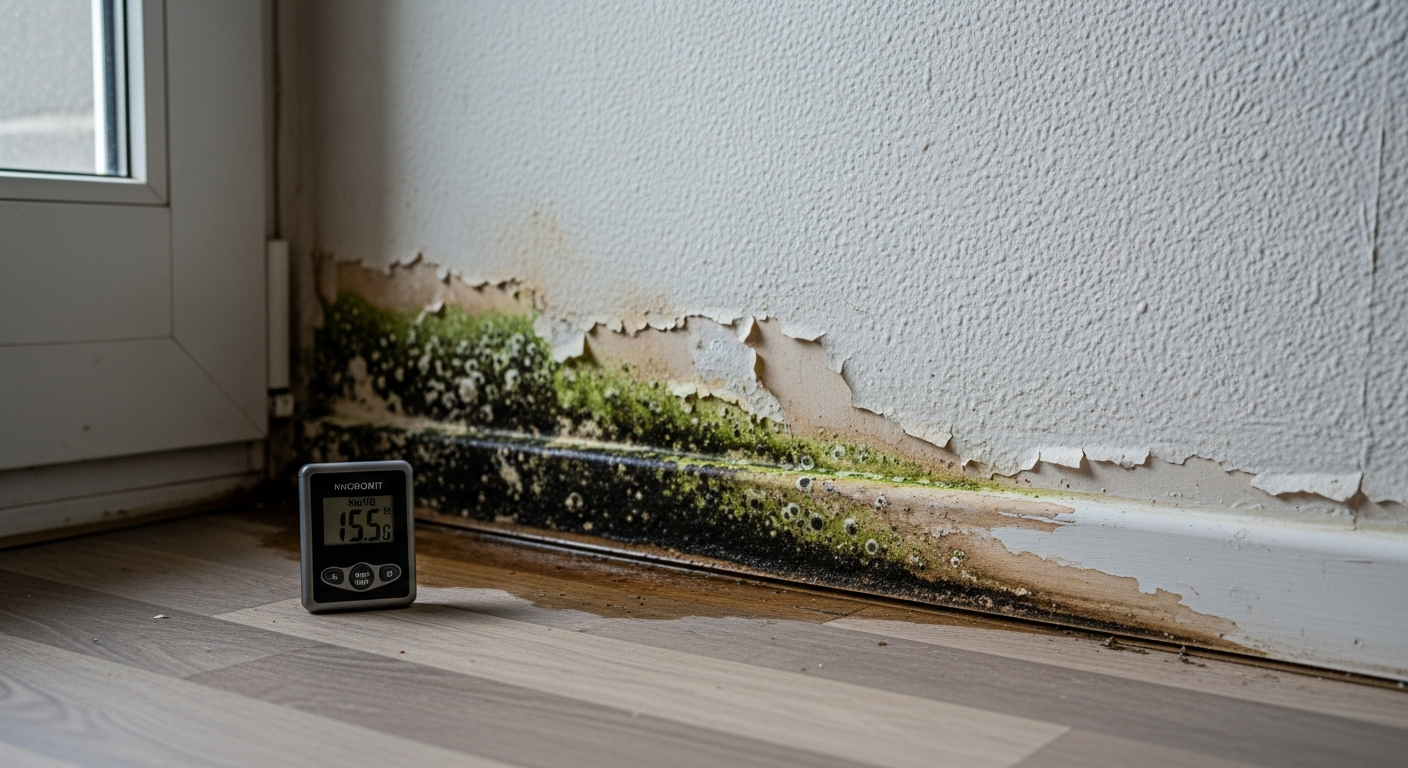The Unseen Power of Unconscious Bias
Imagine a world where we perceive things and make decisions based not on reality but on our preconceived notions and stereotypes. This isn't a dystopian concept, but a daily occurrence in our lives. Unseen, unnoticed, and often unacknowledged, unconscious bias influences our actions, decisions, and perspectives. What is it, and how is it shaping contemporary society? Read below to delve into this often-overlooked facet of human behavior.
The Roots of Unconscious Bias
Unconscious bias, also known as implicit bias, is a stereotype or prejudice that we harbor unknowingly. It has its roots deep within the human psyche and is primarily shaped by our experiences, culture, and upbringing. Research shows that these biases can influence our attitudes towards people and situations and subsequently guide our actions and decisions.
Historically, these biases have played a significant role in the way societies have functioned. For example, biases related to gender, race, and socio-economic status have shaped societal structures and norms for centuries, leading to disparities and discrimination that continue to exist today.
Contemporary Society and Unconscious Bias
In the current societal landscape, unconscious bias has taken on new forms and implications. With the rise of digital platforms, our biases are not just confined to our immediate surroundings but can also be influenced by global trends and narratives. These biases are reflected in our online behavior, shaping the way we consume and share information, interact with others, and perceive the world around us.
Moreover, unconscious bias plays a significant role in the workplace, affecting hiring decisions, performance assessments, and career progression. It is also a crucial factor in the realm of politics, shaping public opinion and influencing policy decisions.
The Sociological Implications of Unconscious Bias
The implications of unconscious bias are far-reaching and can significantly shape the fabric of modern society. Unconscious bias can foster an environment of discrimination and inequality, hindering social cohesion and inclusivity. It can create barriers to opportunities and reinforce harmful stereotypes, often perpetuating systems of privilege and disadvantage.
On the other hand, increased awareness and understanding of unconscious bias can also lead to positive change. It can drive initiatives aimed at promoting diversity, equity, and inclusion in various sectors of society, leading to a more balanced and fair social structure.
The Power of Awareness and Change
While it may be challenging to completely eliminate unconscious bias, awareness can be a powerful tool for change. Various studies suggest that acknowledging our biases and actively working towards challenging them can lead to significant shifts in our attitudes and behaviors.
Social interventions such as bias training, diversity initiatives, and policies promoting equality and fairness can help reduce the impact of unconscious bias. Moreover, encouraging open conversations about bias can create a culture of understanding and empathy, fostering a more inclusive society.
The Future of Unconscious Bias
As society continues to evolve, the understanding and management of unconscious bias will become increasingly important. Technological advancements may provide new tools to identify and mitigate bias, while societal shifts towards inclusivity and equality may challenge existing biases and stereotypes.
In conclusion, unconscious bias is a critical aspect of our social fabric that deserves our attention and understanding. By acknowledging its existence and working towards mitigating its effects, we can strive for a more fair and inclusive society.





